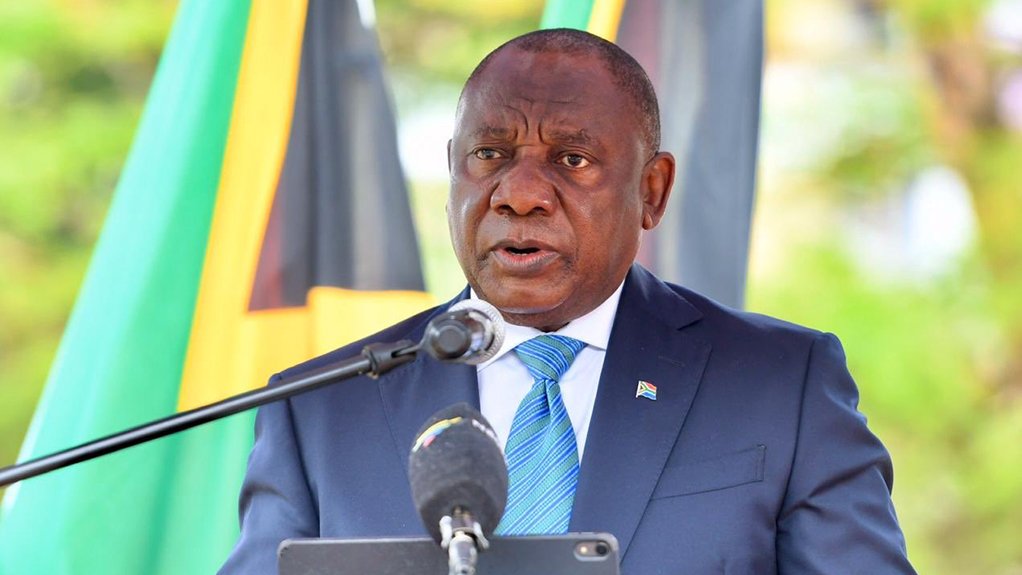President Cyril Ramaphosa said on Monday that government would prioritise mainstreaming the rights of persons with disabilities across government planning and that it would ensure all departments are held to strict targets when it came to inclusion and empowerment.
In his weekly newsletter to the nation, Ramaphosa said this would ensure that the recovery of the economy, and society in the wake of the coronavirus (Covid-19) pandemic, was meaningful.
This emerged from the meeting of the Presidential Working Group on Disability, which was held virtually last week.
The Working Group brings together several sectoral organisations and government departments to guide the realisation of the social and economic rights of persons with disabilities.
“We reiterated our commitment to fully implementing the White Paper on the Rights of Persons with Disabilities and to meeting our international obligations with regards to advancing the rights of persons with disabilities, notably the UN Convention on the Rights of Persons with Disabilities,” Ramaphosa said.
He said while the coronavirus pandemic had caused great hardship for all South Africans, the impact had been particularly severe for persons with disabilities.
The restrictions on movement and activity that were put in place at the onset of the pandemic, together with the pressure on health facilities, meant that many persons with disabilities found it more difficult to access health care and other support services.
This time was particularly difficult for those persons with disabilities who rely on family, friends and community members for help with various tasks and activities, Ramaphosa added.
Many people, including the elderly, spent weeks and months in relative isolation.
“Because persons with disabilities are disproportionately more likely to be unemployed or not in education or training, many have been more vulnerable than most to the devastating impact of the disease on lives and livelihoods. It is therefore fitting that the United Nations said that the International Day of Persons with Disabilities should this year focus on ‘building back better’,” Ramaphosa stated.
In developing the Economic Reconstruction and Recovery Plan, he said government has emphasised that businesses owned and run by persons with disabilities needed to play a significant role in the infrastructure build programme.
He promised that persons with disabilities would be supported to form cooperatives in key sectors such as retail, agriculture, financial services and manufacturing, and, in addition to women and youth, would be prioritised in accessing funding for business initiatives.
He said this needed to happen along with a concerted effort to increase the proportion of persons with disabilities employed in government and in the private sector.
He further urged the private sector to do more to empower, capacitate, train and employ more persons with disabilities, and to make workplaces more conducive and accommodating.
Closely linked to the task of economic empowerment is the struggle for inclusive education, ensuring that children with disabilities are able to access and receive a quality education suited to their needs.
It is estimated that around half a million children with disabilities of school-going age are not in school.
Many are in specialised schools and centres, often located far from their families and communities and without proper care or teaching.
“Our goal should be to enable children with disabilities to attend their local schools and ensure that these schools have the resources, personnel and physical infrastructure to accommodate their specific requirements. Among other things, this requires training of educators in inclusive education and challenging attitudes that give rise to discrimination and stigmatisation,” Ramaphosa said.
![]()
EMAIL THIS ARTICLE SAVE THIS ARTICLE ARTICLE ENQUIRY
To subscribe email subscriptions@creamermedia.co.za or click here
To advertise email advertising@creamermedia.co.za or click here











